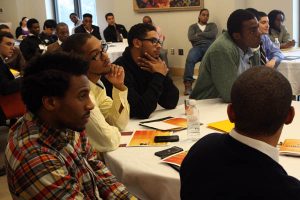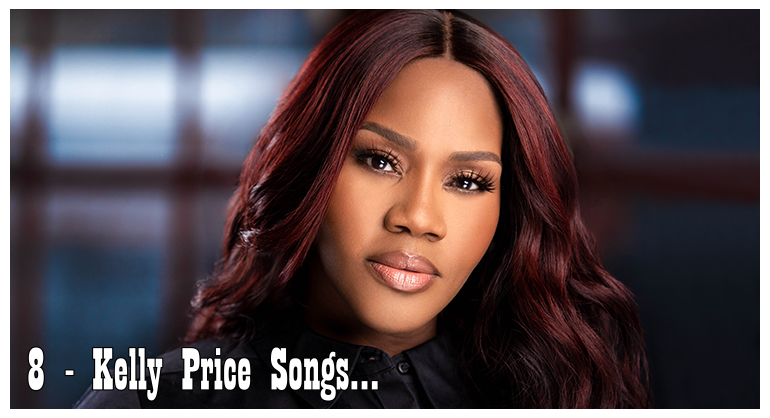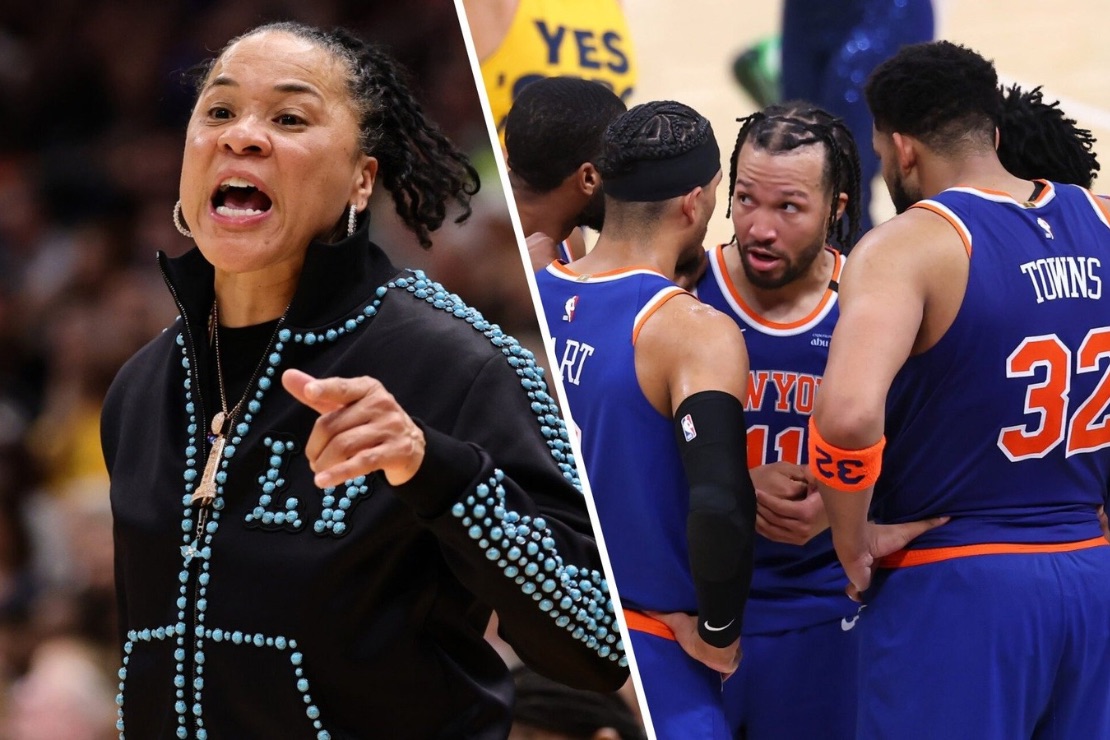(ThyBlackMan.com) About a decade ago I moved to New Orleans and during my transition period I began cooking up a book I had entitled, “Black Boys Don’t Shoot: The Handbook to End Black on Black Crime in America.” I dug deep and heavy into every statistic, every inch of research, wanting to create a platform, a conversation, and an organization that dealt with systemic crime against the black body, particularly violence against black males.
Two years into my occupation of New Orleans, I met a man who not only changed my life but who had changed civil rights in the 1960’s with his unique brand of comedy and his partnerships with big name celebrities. That man’s name is Richard Claxton, better known to the world as Dick Gregory. Before penning the first 30 pages of black boys don’t shoot, I spoke with Mr. Gregory, who before this book  was even an idea in my mind, had been a hero to me for his work in the civil rights movement. Dick spoke to me with such a vigor and fire and passion about the ideology behind the title of my book. He said to me, “Why do we always talk about black on black crime? White folks kill white folks. Same as everybody else. I hate that title. There is no black on black crime problem. There is a people problem.”
was even an idea in my mind, had been a hero to me for his work in the civil rights movement. Dick spoke to me with such a vigor and fire and passion about the ideology behind the title of my book. He said to me, “Why do we always talk about black on black crime? White folks kill white folks. Same as everybody else. I hate that title. There is no black on black crime problem. There is a people problem.”
Had this come from anyone but a hero to me, the words still would have made me question my ideology but nonetheless it was coming from a man who was great friends with leaders like Malcolm X and Dr. Martin Luther King Jr. I had to listen. I wanted to listen. I needed to listen. It was an honor for me to listen and be chastised by this legendary comedic and civil rights genius. Nonetheless, 18 months after our conversation, I staged a play entitled black boys don’t shoot. This time the focus was more about the crime and poverty and colonialism that has contributed to the violence against the black body. All these things in regards to this project and my meeting with Dick Gregory led me to think about the correlation between slavery, anti-literacy laws, segregation and desegregation of schools, and the current status of education in this United States of America.
I asked myself: Is there a direct correlation between the number of slaves held captive in certain states, to the poor ranking education in those same states today?
Five states in 1860, according to the census records, housed more than 400,000 enslaved Africans. Those five states were Georgia, Virginia, Mississippi, Alabama and South Carolina. According to a recent study by 24/7 Wall St., South Carolina, Alabama and Mississippi all rank in the bottom nine in education currently. The study looked at graduation rates for high schools, adults with degrees, adults with income at or above the median nationally, and public school spending.
Leading up to the Civil War and even after for that matter, elite whites worried that literate African and African-Americans who had been held as slaves for many generations, would seek freedom both physically and economically if they became literate. And to some degree it can be presumed that many whites feared that the African and African-American who was newly freed and literate, would not only look to advance economically and socially, but violently against its colonial oppressor. Keeping the “black man” (and woman and child) from adequate education/literacy has been a staple of imperialism and white supremacy for more than 500 years in America.
In colonial Virginia, literacy was most often, for blacks, tied only to conversion of religion. In September of 1760, in Williamsburg, a school for the education of slaves was opened by Dr. Bray. The goal of the Englishman Dr. Bray was simple: for “Negro children to be acquainted with the Bible and the catechism of the church of England.”
There is something to be noted also about the power dynamic between the educator and the one seeking education. Up until 1900, illiteracy among African Americans was rampant, anywhere between 45 to 80 percent. Around 1953 the numbers finally dropped to under 10%. Meanwhile white illiteracy has never climbed above 13.1%. In the best years for literacy for African Americans pre-1950, whites were still nearly two times more likely to be literate. By these numbers, African Americans have forcefully been held out of education in America for more years than we have been allowed in it.
And today, in southern states where slavery was the #1 source of income, education still ranks in the lowest of the low.
Coincidence?
Staff Writer; Charles Foster Jolivette
This talented young man can also be found over at; The California Creole and also Charles Patreon Page.

















Leave a Reply